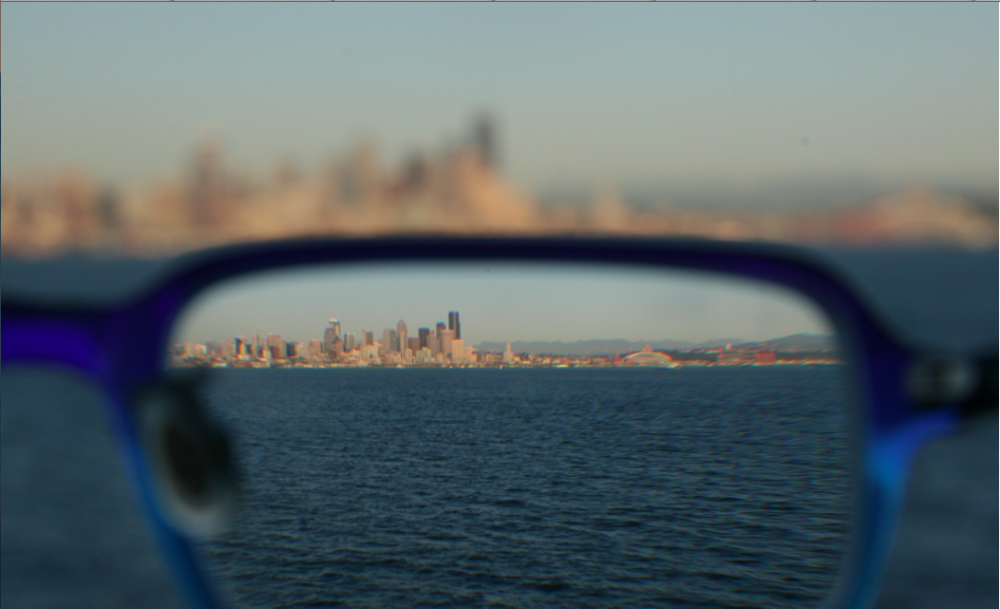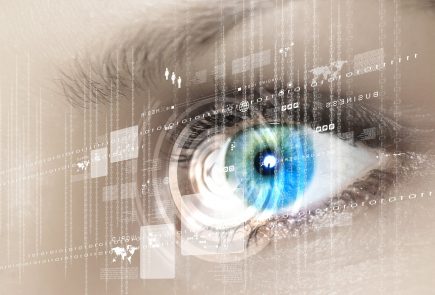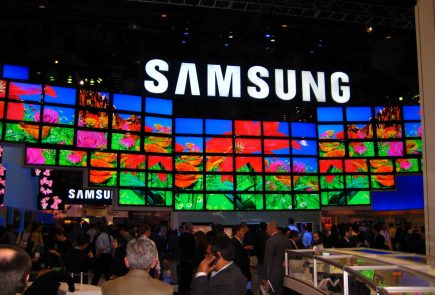Screen with Vision Correction to Eliminate the Need for Glasses

We use a lot of screens now. If you are working at a technology based institution like coding, gaming or a BPO, you probably even dream of looking at a screen. But all these screens are have an intense adverse effect on our eyes. We are not evolutionary trained to look at light emitting displays all day. This has caused a lot many people to take trips to the ophthalmologists quite regularly. Now scientists from the University of California Berkeley has authored a paper which states that it is possible to create screens that can display their content based on the perception capabilities of the users eyes.
The premise that the scientists put forward is fairly simple to understand. For the technology to work, it requires an algorithm that alters an image based on the glasses prescription of the users which works in tandem with a light filter in front of the display. The algorithm helps in altering the light emitted from each pixel which is then passed through a tiny hole in the plastic filter. These rays of light reach the retina in a way that recreates a sharp, focused image. The technology will be developed in cooperation with MIT and Microsoft.
A lot can benefit from this technology, even folks with visual issues which cannot be corrected through the use of glasses, and no, it can’t cure blindness but can address visual issues cased by physical deformity.
This technology can be embedded in almost all kinds of displays thereby almost eliminating the need for glasses. One major drawback is that it cannot be used by people with multiple optical needs. Also the technology depends of motion tracking to assess the users distance from the display. One of the authors of the paper believes though that these problems can be addressed by using the technology on bigger screens.
Overall this is a great research for the mobile age. In times when we are forced more and more to look at screens all day with the mobile work cultures, the biggest losers have been our eyes. So what if this technology will still have us looking at screens, at least they will adjust the content as the eyesight devolves.























